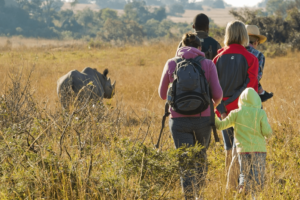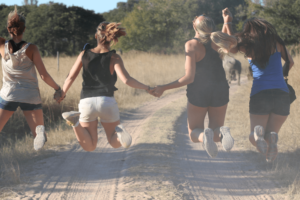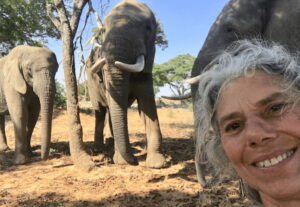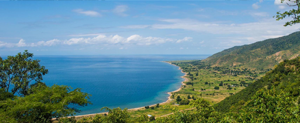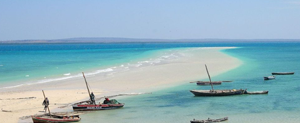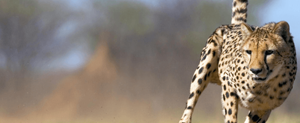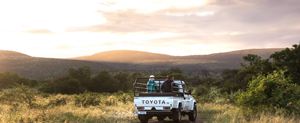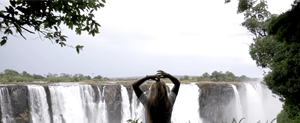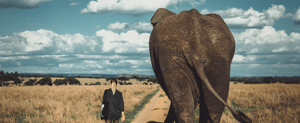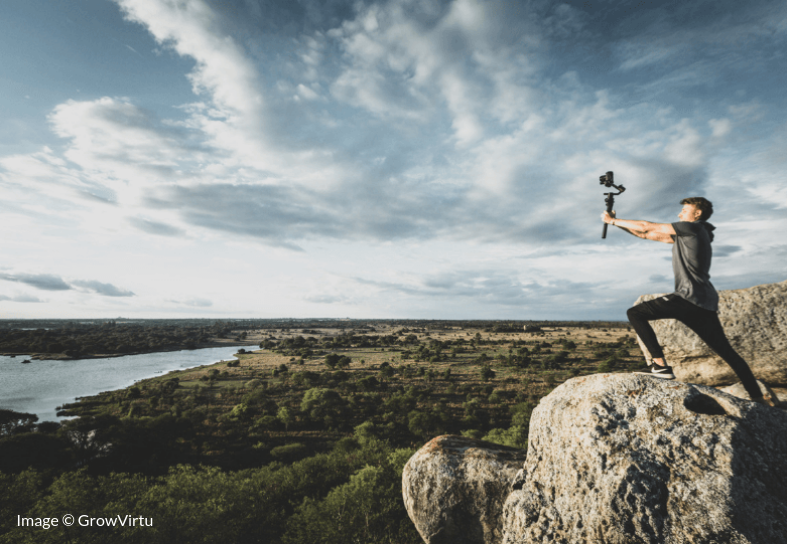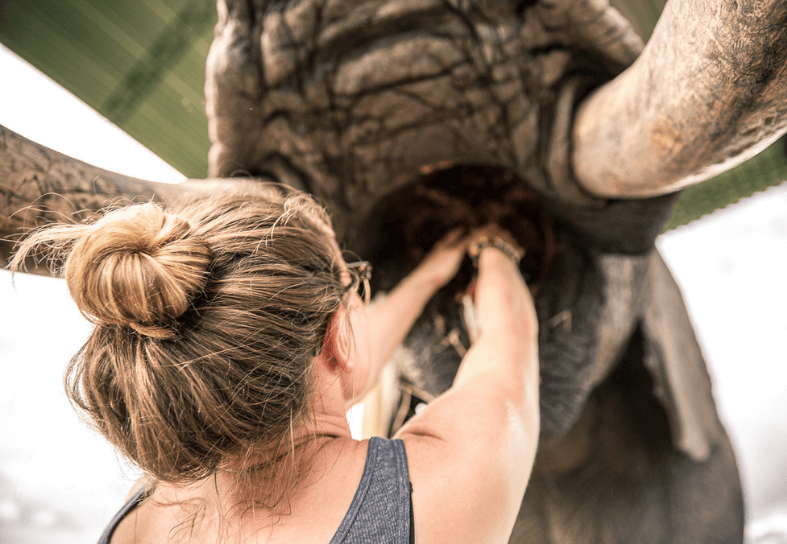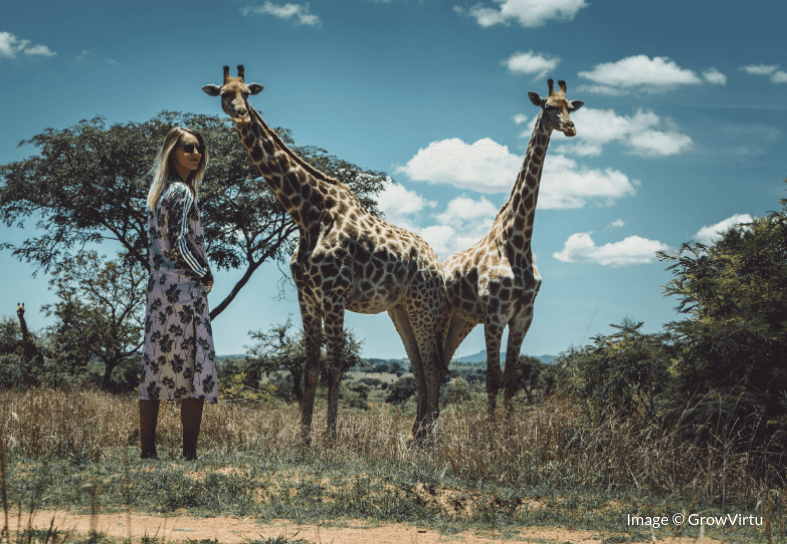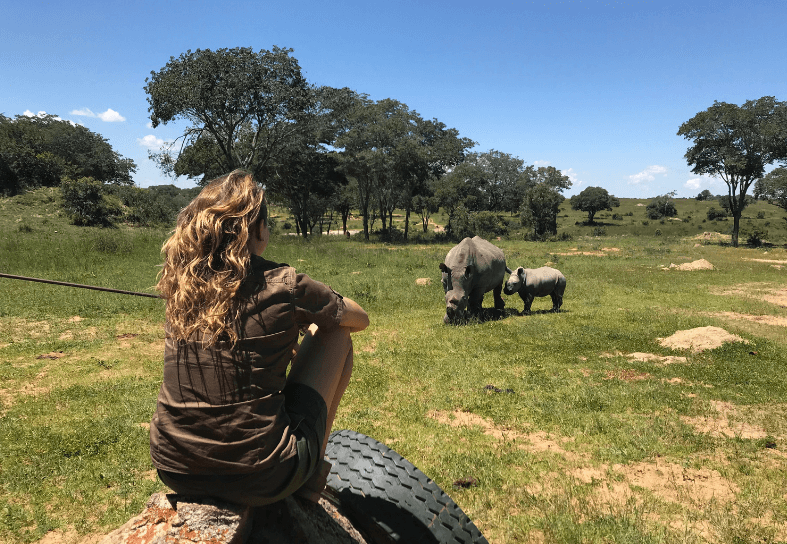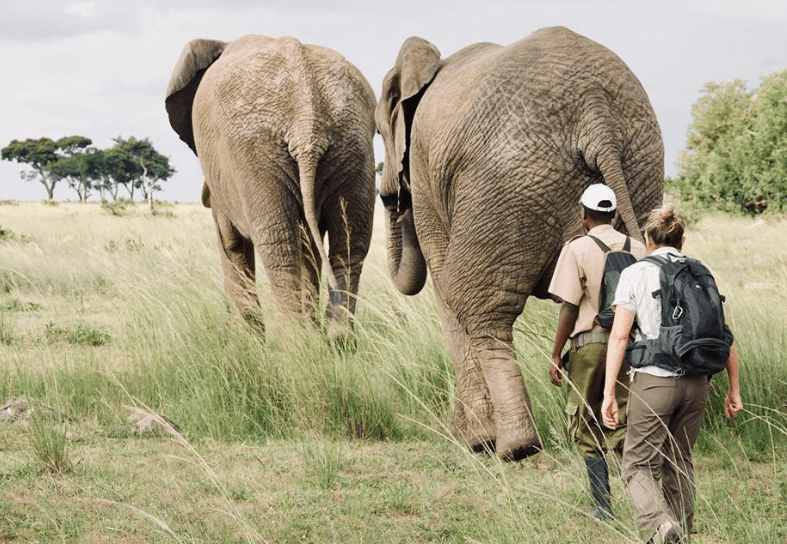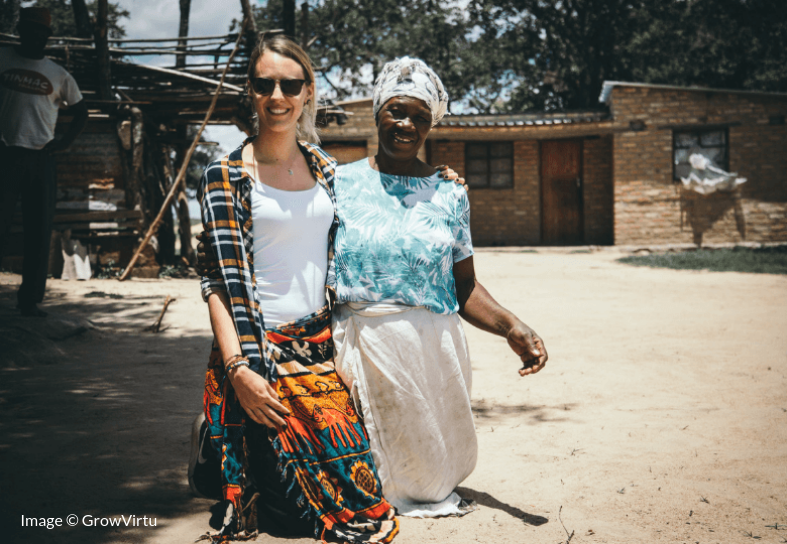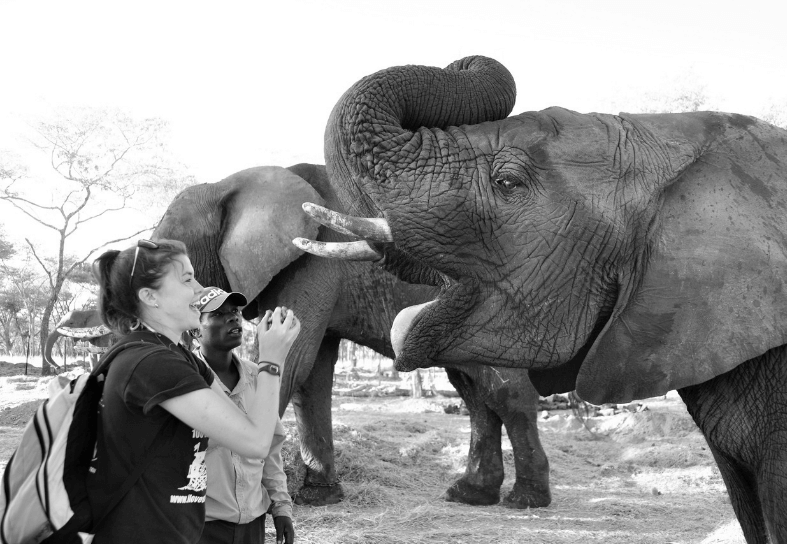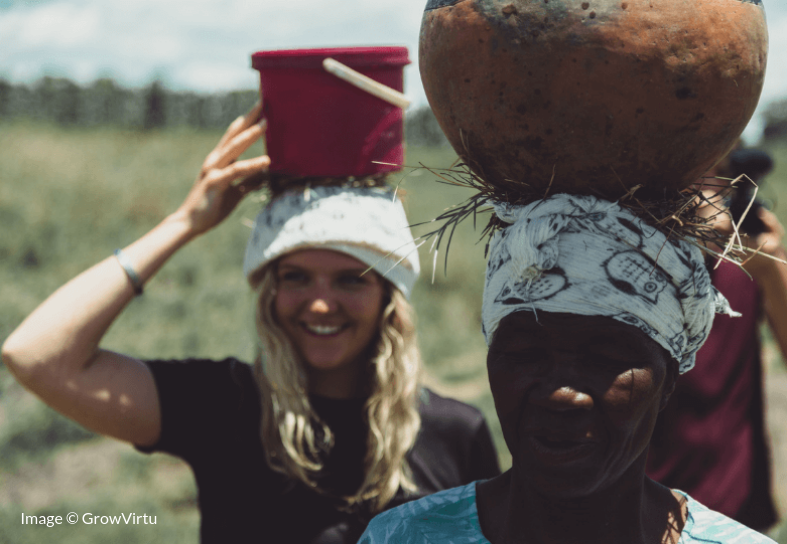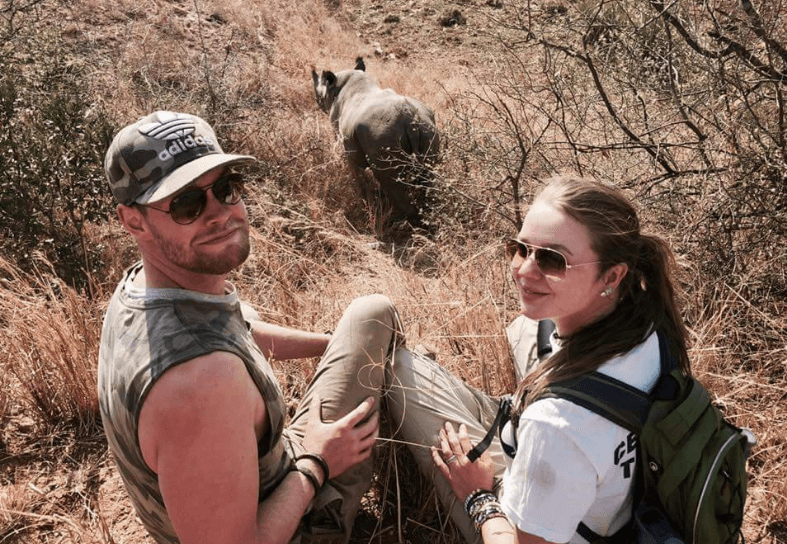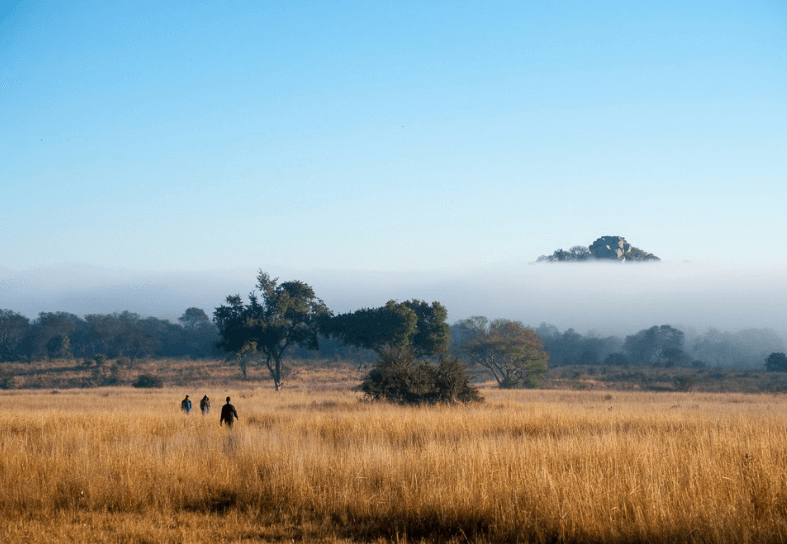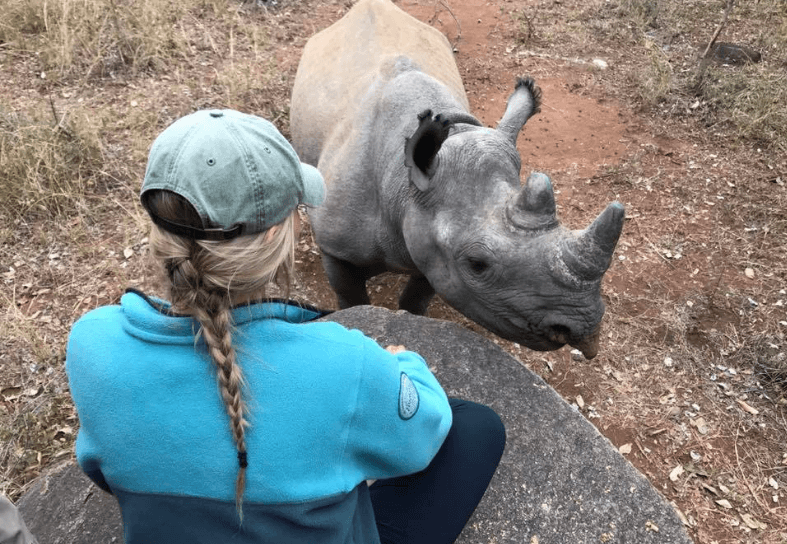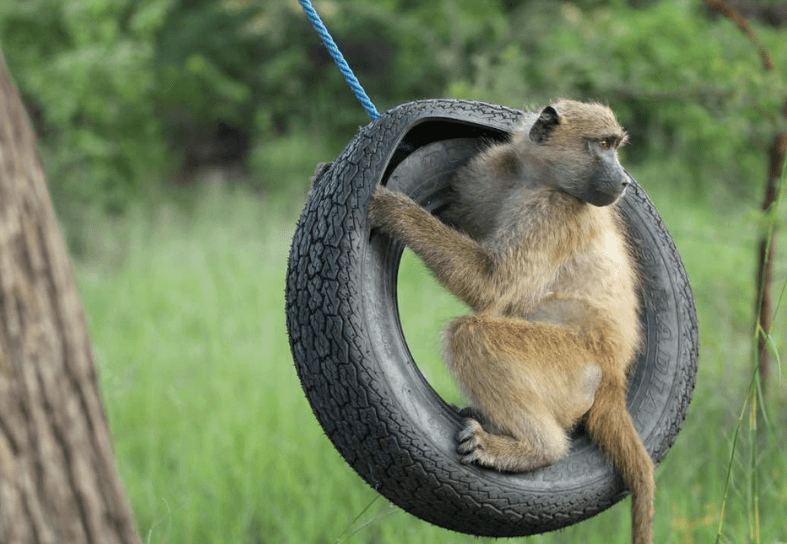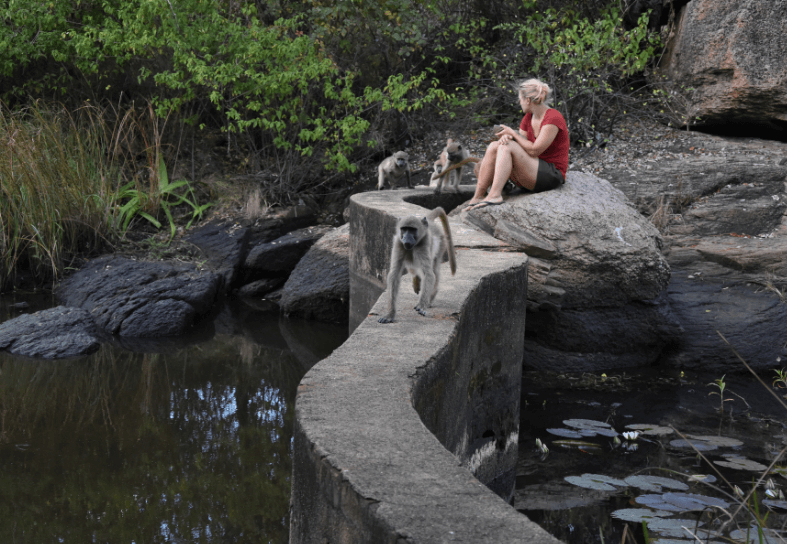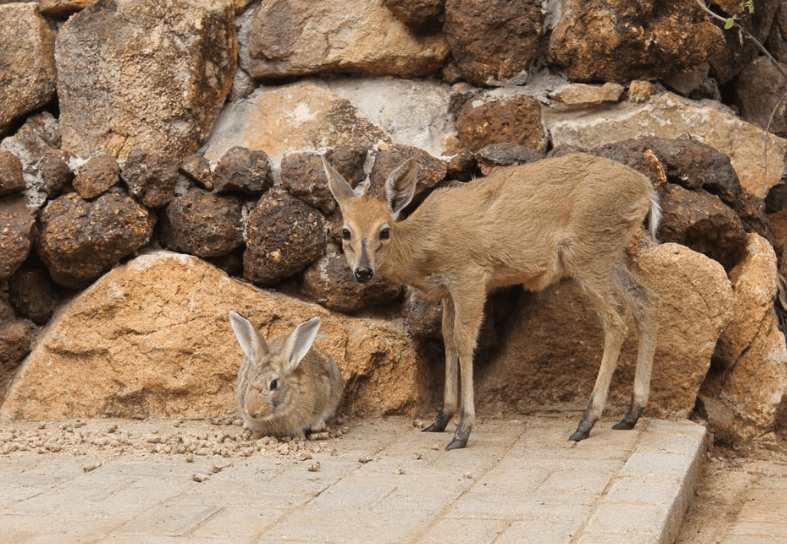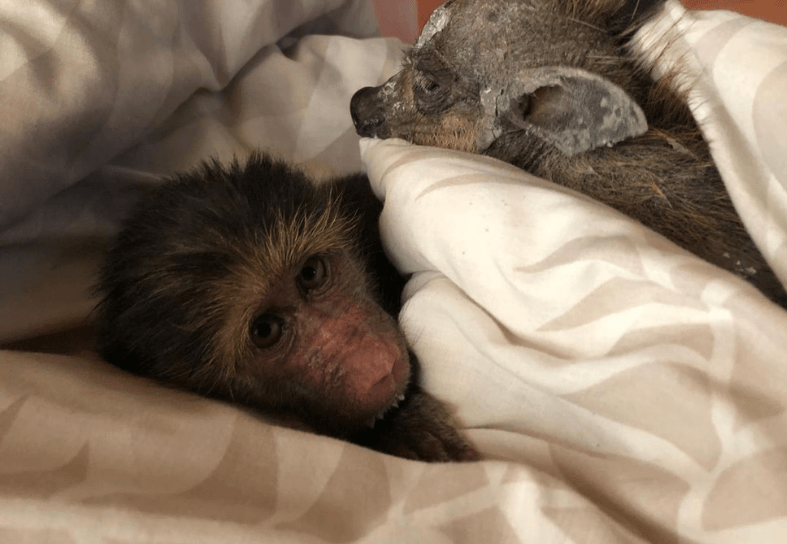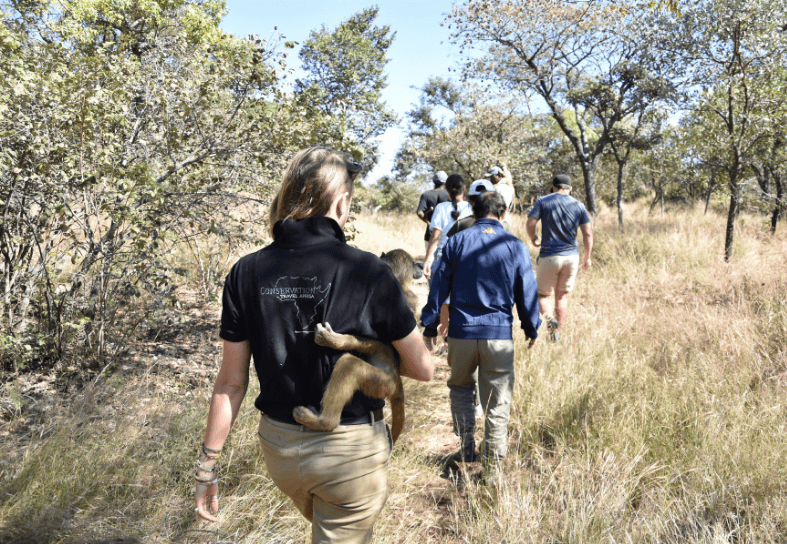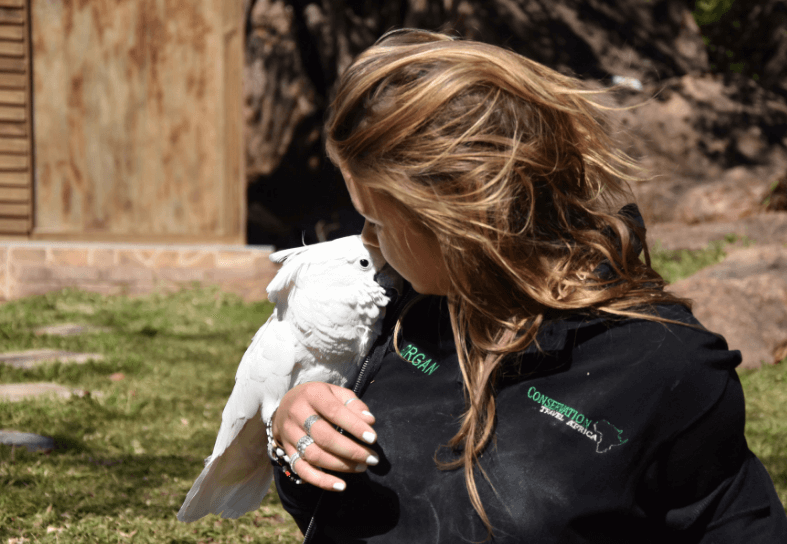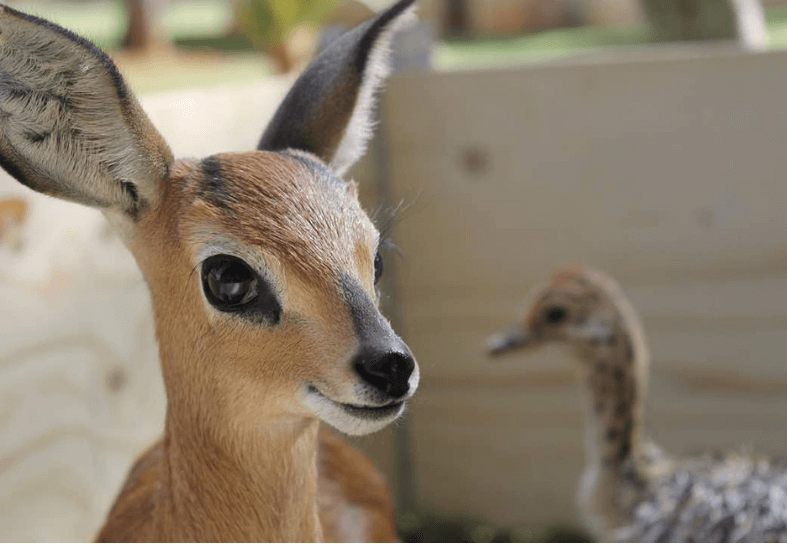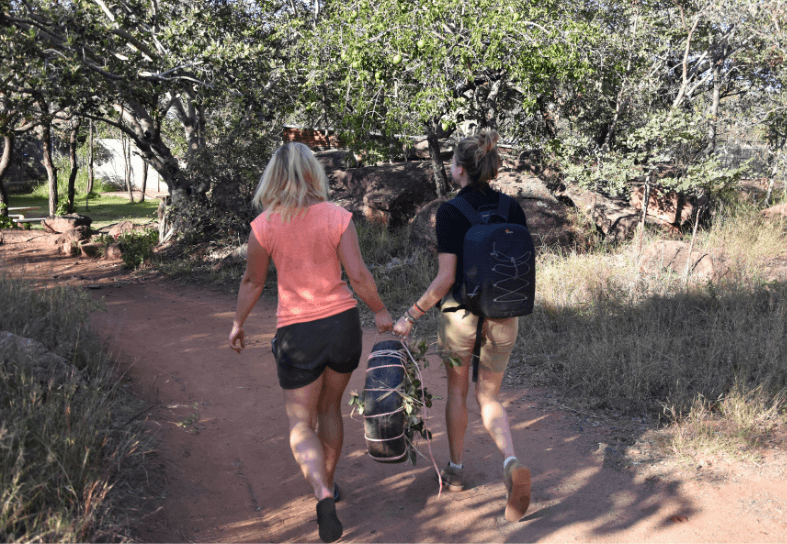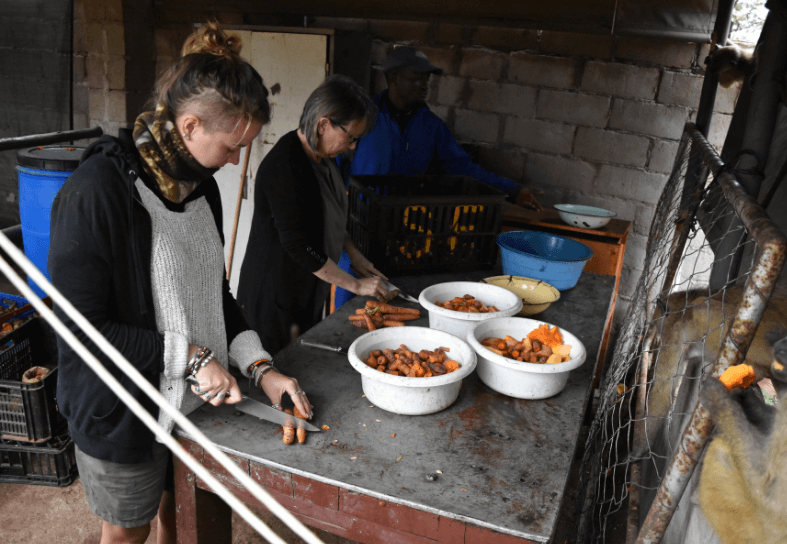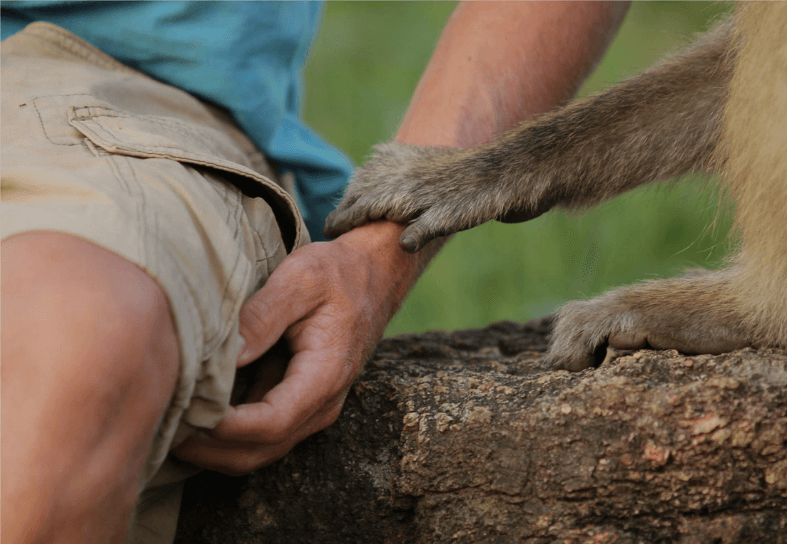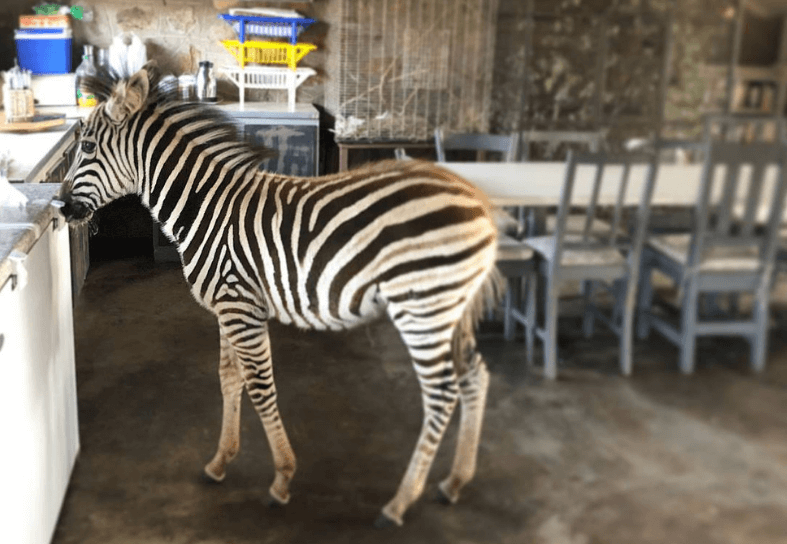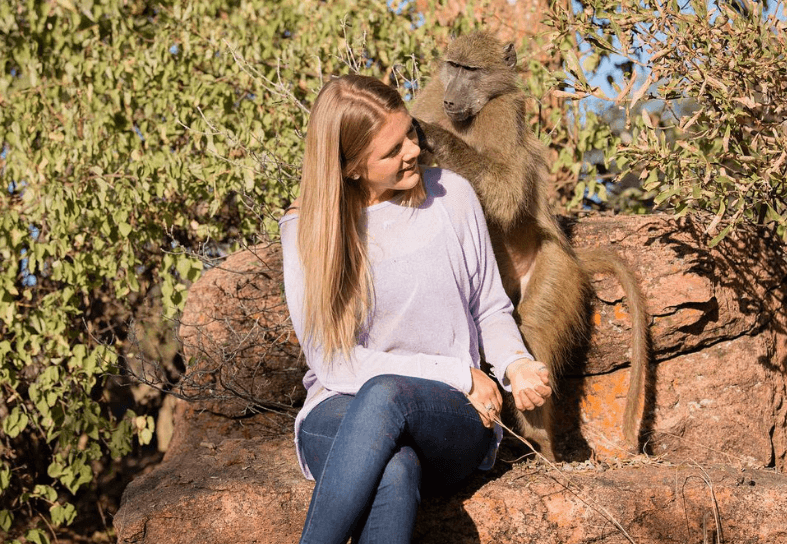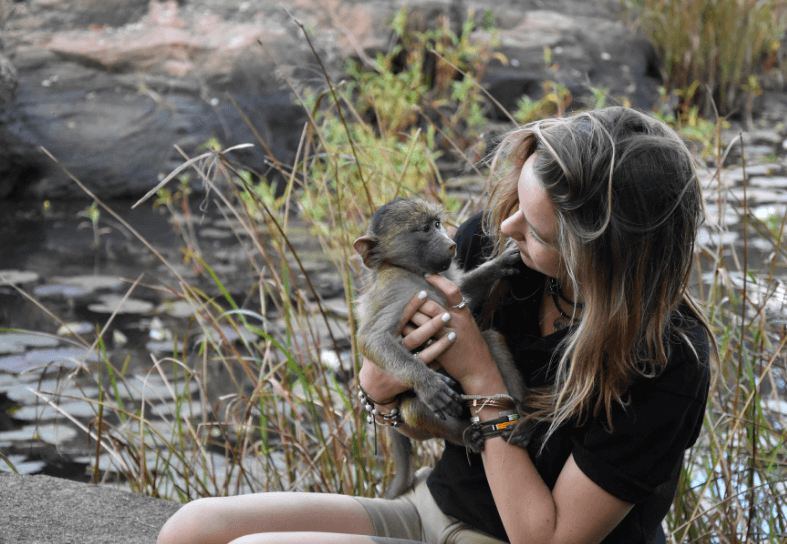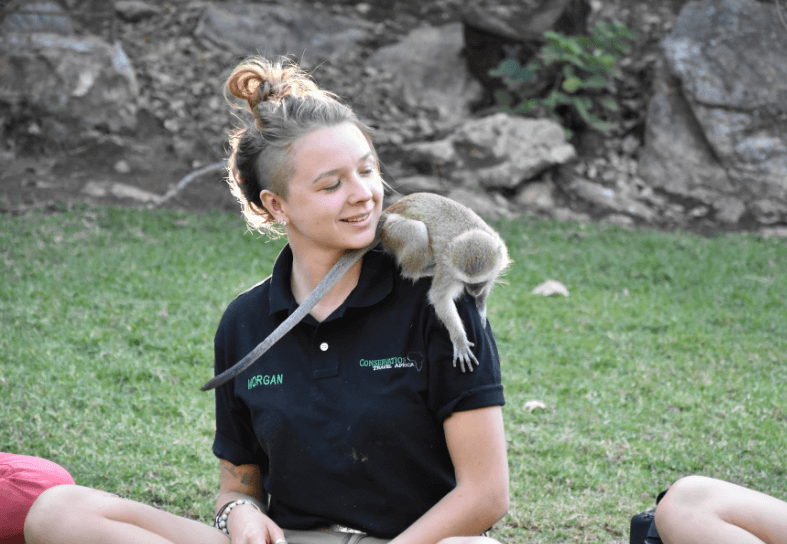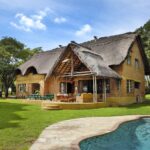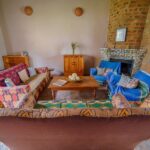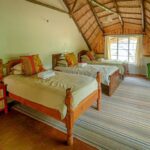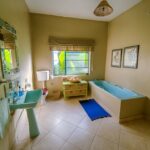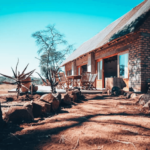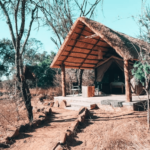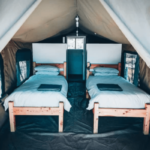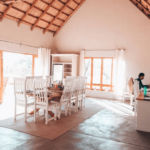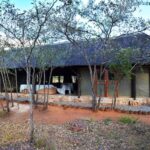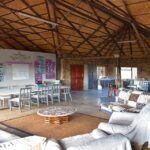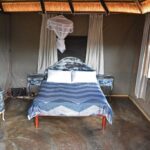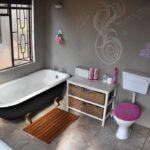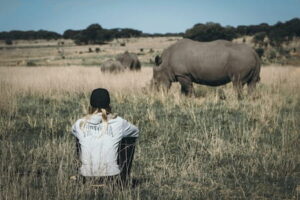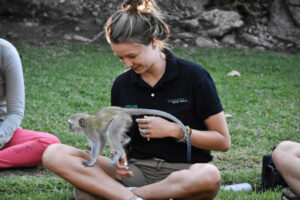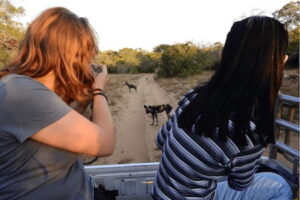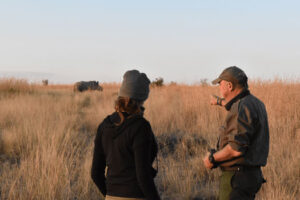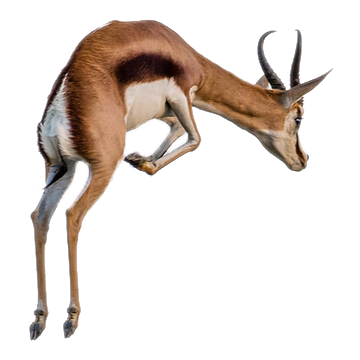Conservation & Rehabilitation Experience
ZIMBABWE
Zimbabwe
2 - 12 weeks
Every Monday
Up to 12 people
Age 16 +
From $1,825
Zimbabwe
2 - 12 weeks
Every Monday
Mondays
Up to 12 people
Max 12
Age 17+
From $1,825
What's the project about?
This combination conservation volunteering experience enables volunteers to contribute to endangered species conservation within a private conservancy, and help rehabilitate primates at a small animal sanctuary. Volunteers experience the thrill of witnessing Africa’s most iconic animals close at hand, as you support a world-renowned rhino conservation organisation. You will then transfer to Bulawayo to work at Zimbabwe’s only dedicated primate rehabilitation centre.
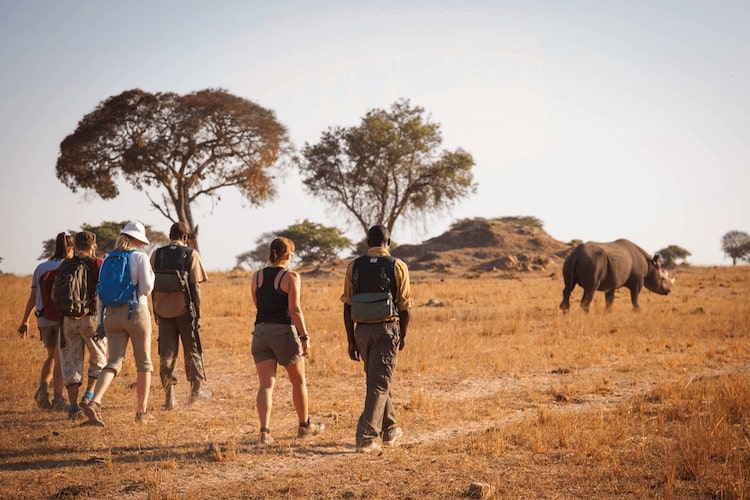
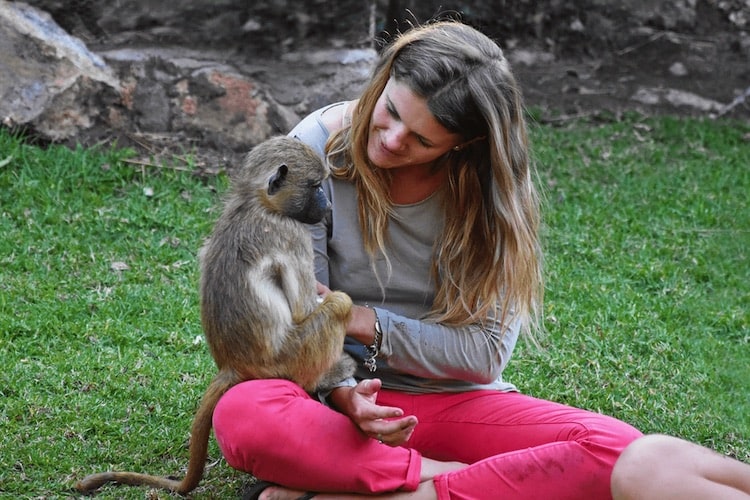
How will I be contributing?
Volunteers on these two conservation programmes have a once-in-a-lifetime opportunity to play an important role in the daily operations of a rhino conservancy, where you will experience a wide range of game park management and anti-poaching activities. At the wildlife sanctuary you will support local staff in all areas of animal care, rehabilitation and release. Each volunteer plays a vital role at both projects, whether it be looking after orphaned monkeys, or monitoring rhinos and elephants.
What makes this project ethical?
The human-wildlife conflict is the greatest issue faced by conservationists today. Private conservancies and small organisations play an enormous role in finding solutions. Through these two conservation volunteering projects, you will participate in the protection of vulnerable large wildlife, plus care for and rehabilitate orphaned and injured small animals, readying them for their eventual release. The focus of both projects is to enable their wildlife to live back in the wild, or as natural a life as possible.
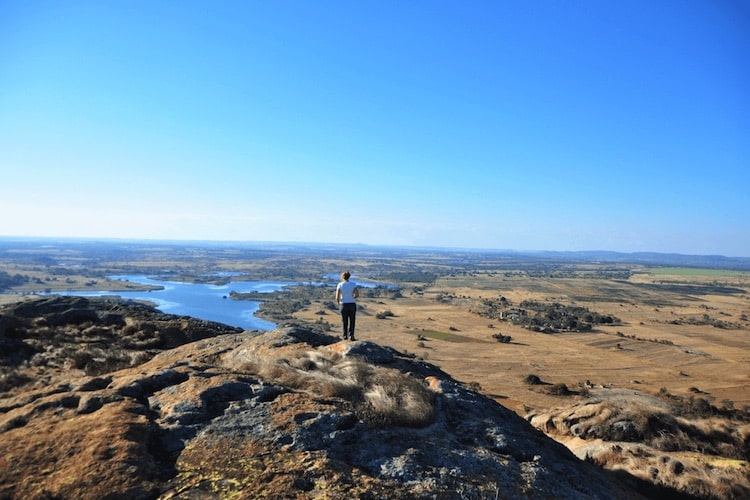
Project gallery
Project information
Our Rhino & Elephant Conservation Programme gives volunteers the opportunity to live on a 10,000 acre private conservancy, learn about endangered species and their battle to survive.
Volunteering at Imire is a unique opportunity to immerse yourself in a new country and culture, and experience first-hand, day-to-day life in Africa. In return you will contribute to an important conservation cause. The experience will be life-changing.
Volunteers will usually get involved in some or all of the following activities:
Wildlife conservation and animal interaction:
- Learn about rhino conservation from experienced local guides, and what the reserve is doing to support the species in Zimbabwe;
- Learn to track and locate white rhino using telemetry;
- Identify the different tracks and signs of animals, as you take guided nature walks through the bush;
- Collect observational data on rhino and elephant behaviour, health, movements, interactions and browsing activities.
Anti-poaching and security
- Provide additional manpower for foot patrols and snare sweeps;
- Secure, repair and check boundary fences;
- Conduct weapons training and anti-poaching simulations;
- Communicate anti-poaching messages to school children.
Conservancy management:
Get a sneak peek into the behind-the-scenes operation of a large conservation area.
- Deliver feed and nutritional supplements to sable, zebra, buffalo and other plains game. Help feed the lion;
- Meet Murwi, star of the Anti-Poaching K9 Unit;
- Undertake game counts and herd studies on foot, by vehicle and on horseback;
- Carry out indigenous tree planting, and invasive and alien species removal;
- Maintain fences, roads, fireguards and equipment.
Culture and community projects:
Community engagement is the essence of sustainable conservation, and Imire is a long-time champion of local employment, education and poverty alleviation projects in the local community. The project are dedicated to the surrounding villages and work hard to emphasise the importance and benefits of protecting wildlife and the environment. Volunteers will:
- Experience Shona culture first-hand. Go on home visits, learn to cook traditional meals and move your feet in traditional dances;
- Meet members of the local community and share ideas and experiences;
- Brave the ladder and climb to the top of Castle Kopje, as you learn about the conservancy’s rich history from local guides;
- Visit the local schools and experience how African schoolchildren learn;
- Get involved with organic gardening, tree planting and beekeeping.
For more details, please see our Rhino & Elephant Conservation Programme page.
Our Primate Conservation Programme enables volunteers to get involved in a wide rage of tasks, from daily animal care through to rehabilitation work and working on release strategies.
You can be sure that your days will be filled with interesting work that is genuinely needed, and you will always be doing something purposeful.
Volunteers will get involved with:
Animal care:
- Work hands-on with wildlife orphans and vulnerable animals;
- Raise baby and juvenile primates, from bottle feeding (often through the night), to bush walks, troop reintroduction and eventual release;
- Work with a range of species including zebra, ostrich, owls, raptors and bush babies, plus a range of domestic animals and birds;
- Assist with food collection, preparation and feeding, encompassing herbivores, small carnivores and omnivores.
Behaviour enrichment:
- Experience the joy of accompany primates (and usually a few other special guests!) on bush walks, stimulating them to explore their natural habitat, forage, play in water, jump and interact as a group;
- Build toys, platforms, playgrounds and other enrichment objects;
- Become part of the troop as you engage and interact with young monkeys and baboons.
Rehabilitation and release:
- Play a part in individual animals release strategies;
- Monitor released animals (on foot, by vehicle and on horseback);
- Join the veterinary team when rescue work is carried out (subject to location and conditions).
Community outreach:
The project runs a child-focused programme where schoolchildren join educational tours and workshops at the sanctuary. They are taught about the importance of conservation and kindness to animals, plus can see and interact with a variety of different species.
- Assist with planning and implementation of educational tours and workshops;
- Help with creating materials.
For more details, please see our Primate Conservation Programme page.
At your conservancy project, volunteers will either be accommodated in the main volunteer house (Numwa House), or in a brand new wilderness tented campsite in a wild section of the conservancy.
Numwa House:
Numwa House is a thatched farmhouse in the heart of the conservancy, situated in an idyllic spot on the banks of a large dam. The view from the house, and the African sights and sounds, make this a unique living situation. The house accommodates a maximum of 12 volunteers at a time.
Inside, the house has five bedrooms, with four twin / double rooms and a same-sex dormitory. There are two inside bathrooms with bath or shower, an inside toilet with basin, and three outside solar showers, with the best view in the house – have a hot shower and admire a magnificent sunset over the dam. Outside, there is has a pool and verandah area.
The house has electricity and hot and cold running water. Bear in mind that electricity can be intermittent and power outages are common, especially during the rainy season. There is a generator and solar lights, so please be organised about charging your electricals.
Chiwawe wilderness camp:
This brand new tented camp is situated in a remote part of the conservancy and consists of 6 walk-in tents under thatch, with attached en-suite bathroom. Each with hot and cold running water, shower and flush toilet. Each tent has two twin beds, side tables and storage space. There is a central dining and living area with fully-equipped kitchen.
At both sites, three home-cooked meals are provided by the resident kitchen staff, and tea, coffee and drinking water are freely available. Vegetarians, vegans and other dietary requirements can be catered for. Housekeeping staff will do your laundry and keep the house clean and tidy. The camp has solar power for charging equipment and for lights.
It’s time to get away from it all – there is no wifi at the project, but 3G signal is good and cell phone roaming is available. The signal is strong enough to check emails and use social media.
In Bulawayo, volunteers live in the heart of the sanctuary, in a purpose-built, thatched, brick and canvas house. Being on-site means that you are close to the orphans day and night in case you are needed for night-time bottle feeds. There are two bedrooms, an open plan living room and kitchen, plus dining area. Rooms are shared (same sex sharing). The house has hot and cold running water for showers, with water running from a solar geyser. There is solar electricity only, so make sure to bring plenty of spare batteries for cameras and other electrical items, or solar chargers.
The house has hot and cold running water for showers., with water running from a solar geyser. There is only solar electricity, so make sure to bring plenty of spare batteries for cameras and other electrical items, or solar chargers.
Food is provided for breakfast, lunch and dinner, and volunteers are responsible for making their own meals. A range of food is provided, but if you have any dietary requirements, please let us know when you sign up for the programme. Volunteers and the team generally go to a local restaurant for dinner once a week (budget around $20). There is a town trip once a week where you can buy snacks and any extras you may need. Tea, coffee, juice and drinking water are freely available. Vegetarians, vegans and other dietary requirements can be catered for. There is a housekeeper who will make beds, clean and do laundry.
There is no WiFi available at the sanctuary, however you can purchase a local SIM card and buy data bundles for Facebook, Instagram, WhatsApp and emails, to enable you to keep up to date with the outside world. Do bring games, books and other activities for the evenings – laptops and DVDs are welcome.
When can I volunteer?
Volunteers can join the Rhino & Elephant Conservation Programme every Monday, and the minimum stay is one week. Arrivals to the Primate Conservation Programme can be flexible, and shorter stays are possible.
Project pricing:
1 week Rhino Conservation / 1 week Primate Conservation: $1,825
1 week Rhino Conservation / 2 weeks Primate Conservation: $2,700
2 weeks Rhino Conservation / 1 week Primate Conservation: $2,775
2 weeks Rhino Conservation / 2 weeks Primate Conservation: $3,650
Each additional week over 2 weeks:
– Rhino Conservation – $900 per week;
– Primate Conservation – $840 per week
All prices are in USD.
Family-Friendly Project!
For details of family volunteering at these projects, please see our Family Volunteering Programmes page.
What’s included in the cost?
- Project contribution: this goes directly to our project partner, and provides funding to ensure the programme can continue to meet its goals. For this project it will cover things like staff costs, equipment purchases, maintenance of buildings, equipment and vehicles, veterinary fees, animal feed, fencing, and funding for community projects;
- Accommodation and three meals per day;
- Airport transfers;
- Laundry and housekeeping;
- Comprehensive orientation and supervision;
- Practical instruction by experienced guides;
- Equipment and materials required to do your work.
What’s not included?
- Flights or travel to Zimbabwe;
- Travel between Harare and Bulawayo;
- Visa fees (variable depending on nationality);
- Travel insurance (compulsory);
- Personal expenses such as souvenirs, drinks from the bar, snacks;
- Pre and / or post programme accommodation (if required);
- Additional excursions;
- Local SIM card and data / airtime bundles (optional);
- Administration fee ($40).
The primary goal of the Rhino & Elephant Programme is to support Zimbabwe’s rhino heritage, through the successful breeding and re-introduction of the endangered black rhino.
Alongside this goal, is to ensure the long term protection of Zimbabwe’s wildlife through a unified and holistic approach to wildlife conservation. Imire’s mission is to create a blueprint for small conservancies, enabling them to peacefully and successfully exist alongside local communities, ensuring that environmental stakeholders, including landowners, conservationists, communities and local farmers all benefit from the presence of wildlife.
Conservation volunteering forms a critical part of Imire’s strategy to connect responsible travellers, wildlife programmes and community projects, creating a sustainable, long term, collaborative conservation strategy.
During your time at Imire, you will live in the heart of the conservancy, interact with rhinos and elephants, and gain an appreciation of the commitment required to protect wildlife in Africa.
The vision of the Primate Conservation Programme is for there to be no captive primates kept in Zimbabwe. Baboons and monkeys are the forgotten victims of the human-wildlife conflict, targeted both as pests and for exotic pets.
The sanctuary has an open-door policy to all animals in need of care, with a focus on eventual release, either back into wilderness areas, or into a safe area within a local wildlife reserve.
You can be sure on this combination conservation volunteering project that your days will be filled with interesting work that is genuinely needed, and you will always be doing something purposeful.
Imire: Rhino & Wildlife Conservation is a 10,000 hectare privately owned rhino conservancy in the Mashonaland East district of Zimbabwe, approximately 130km south-east of Harare. The conservancy is dedicated to the welfare of all wildlife, with a particular focus on the protection and breeding of the critically endangered black rhino.
Imire is world-famous for its five black and three white rhino. In addition, the conservancy is home to three elephants, a herd of Cape buffalo and an elderly male lion, living out his retirement in comfort! There is a variety of plains game including eland, kudu, nyala, waterbuck, blesbok, zebra, giraffe, wildebeest and crocodile, plus herds of the rare sable antelope – Zimbabwe’s National Animal. Imire is also home to a wide variety of birds, reptiles and snakes.
For more details about our project at Imire, please see our Rhino & Elephant Conservation Programme page.
The Primate Sanctuary was founded in 2013 when a baby orphaned baboon was given to the founder to raise. It remains the only dedicated primate rehabilitation and release facility in Zimbabwe, being called on to rescue and care for animals from across the country.
The project’s mission is for there to be no primates in captivity in Zimbabwe, and has a very successful release record, having relocated many once-captive baboons and monkeys back into the wilderness of the Matobo National Park – one of the country’s largest and most unspoilt areas. Other small animals, including pangolins, servals, owls and bush babies, have been successfully released into a Phase two release site in a local wildlife haven.
For more details, please see our Primate Conservation Programme page.
Who should volunteer on this project?
The unifying motivation of nearly all Imire volunteers is an interest in a genuine conservation programme, and a desire to be part of a smaller group of volunteers. This rhino conservation project is a wonderful experience for volunteers of all ages, where you can experience Africa in a safe environment, and become part of a very special team. There is some walking and foot-based tracking on the project, plus climbing in and out of a high-sided vehicle, so volunteers should be of reasonable mobility.
How old do I need to be?
The minimum volunteering age for solo travellers is 17 years. There is no upper age limit, but for volunteers aged over 65, we do require your medical form to be signed by a doctor. The project is perfect for family volunteers who have children of all ages. Please visit our Rhino Conservation – Family Programme page for further details.
How many people will there be?
There is a maximum of 12 volunteers at one time, plus staff and volunteer managers.
When can I join?
Volunteers should aim to arrive and depart on a Monday. The inclusive transfer service is as follows:
Arrivals – Mondays
There is one collection from Harare International Airport at 1500 every Monday afternoon. Should your preferred flight arrive later than this, you can either arrive into Harare on the Sunday and arrange overnight accommodation in town, or you can arrive on Monday and pay a transfer supplement of $100. If you choose to arrive on Sunday, you should make your way to the airport at an agreed time on Monday.
Departures – Mondays
There is one transfer from Imire which arrives at Harare International Airport at 1000 on Monday morning. Onward flights should depart later than midday to allow ample time to check in. Should you wish to book a departure transfer outside of this time, there is a transfer supplement charge of $100.
When is the best time to come?
The game viewing and interaction at this project is year-round, so there is no real ‘best time’ to visit. December to March is ‘baby season’, where many of the plains game give birth, so there are always lots of new animals around.
From a weather perspective; April – October is the dry season, with the rains usually coming again in mid to late November. June – September is winter, characterised by warm, sunny days, clear blue skies and cool evenings and nights. October is the hottest month, with temperatures in the area reaching 30-32 degrees. November – March is summer, where rain showers are intermingled with hot, sunny days and temperatures of over 30 degrees.
Do I get some time off?
Volunteers work from Monday to Saturday lunchtime. Saturday afternoon and Sunday is leisure time, where you can go fishing, canoeing or hiking, or relax by the pool at the volunteer house. We highly recommend a weekend excursion to Victoria Falls (a one hour flight), which can easily be organised.
How long can I volunteer for?
The minimum recommended project length is one week, and the maximum stay is eight weeks.
How much spending money should I bring?
We recommend bringing around $100 per week in USD to cover personal expenses such as drinks, souvenirs, t-shirt, snacks, tips and internet usage. A weekend trip to Victoria Falls, which we can organise for you, will cost around $400.
Do I need a visa?
Most nationalities, including British, American, Canadian, Australian and most EU citizens, can get a 30-day tourist visa upon arrival into Harare. Fees are dependent on nationality and range from $30 – $75 (paid in USD cash). Extensions are available from the Department of Immigration in Harare, up to a maximum stay of 6 months. It is your responsibility to check your visa eligibility prior to arrival.
What animals will I encounter?
Imire is world-world-famous for its ten black and eight white rhino. In addition, the conservancy is home to three elephants, a herd of Cape buffalo and an elderly male lion, living out his retirement in comfort! There is a variety of plains game including eland, kudu, nyala, waterbuck, blesbok, zebra, giraffe, wildebeest and crocodile, plus herds of the rare sable antelope – Zimbabwe’s National Animal. Imire is also home to a wide variety of birds, reptiles and snakes.
What vaccinations do I need?
Please consult your GP or travel clinic for detailed medical advice. All volunteers should make sure their Tetanus, Polio and Hepatitis A and B are up to date. A rabies vaccination is recommended but not compulsory.
Malaria – the project is regarded as a low-risk malaria area, but please consult your GP for guidance.
Please visit this UK government website for more details.
Volunteer reviews
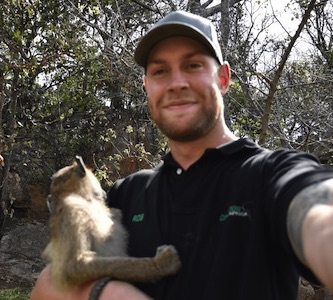
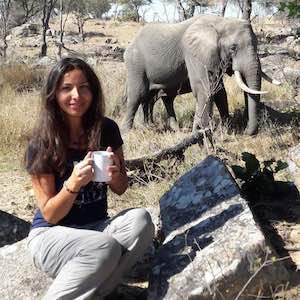
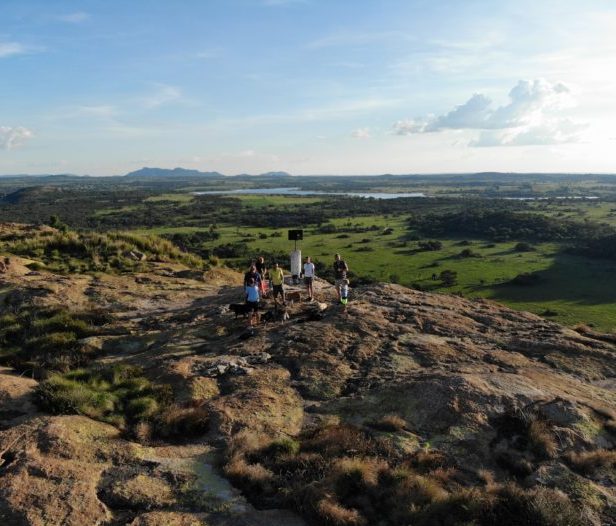
Other projects you might be interested in
Join a unique conservation programme, dedicated to the protection of the black rhino. Play a vital role in securing the future of these iconic animals.
From $950
1 - 12 weeks
Volunteer at Zimbabwe’s only dedicated primate rehabilitation centre. Gain animal care experience and assist in wildlife rehabilitation and release.
From $875
1 - 12 weeks
Support conservation work to protect endangered species in South Africa. Monitor priority species including lion, leopard, cheetah, rhino and wild dog.
From $1,625
2 - 16 weeks
Gain practical experience in advanced anti-poaching techniques, learning from South Africa’s most experienced conservation professionals.

